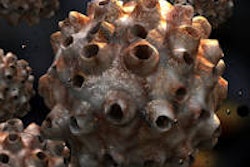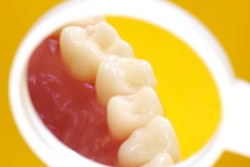Researchers are one step closer to developing an HIV vaccine, according to a new study published in PLOS One (January 23, 2014).
Researchers from Seattle BioMed, a nonprofit biomedicine and bioengineering research organization, have identified two HIV-1 Envelope immunogens capable of eliciting antibodies associated with vaccine protection.
In the study, the HIV-1 Envelope protein immunogens were derived from an elite neutralizer, an individual with an unusually potent antibody response effective against the majority of HIV subtypes. The two Envelope immunogens elicited cross-reactive binding antibodies to the variable regions 1 and 2 (V1V2 region) of the Envelope protein and induced antibodies capable of neutralizing an array of HIV from different subtypes.
Previous studies have shown that anti-HIV-1 neutralizing antibodies can effectively block infection with HIV-1 if present before infection with the virus, explained study author Noah Sather, PhD, principal scientist at Seattle BioMed. Antibodies that target a specific part of the Envelope protein, the V1V2 region, have been shown in clinical trials to be associated with a reduced risk of infection. The ideal vaccine would introduce immunogens that elicit antibodies both targeted to the V1V2 region of the Envelope protein and capable of providing protection from a variety of HIV-1 subtypes.
Future studies will focus on further modifying the Envelope immunogens to increase the potency and effectiveness of the vaccine, according to the researchers.
The research was supported by a grant by the National Institutes of Health.



















